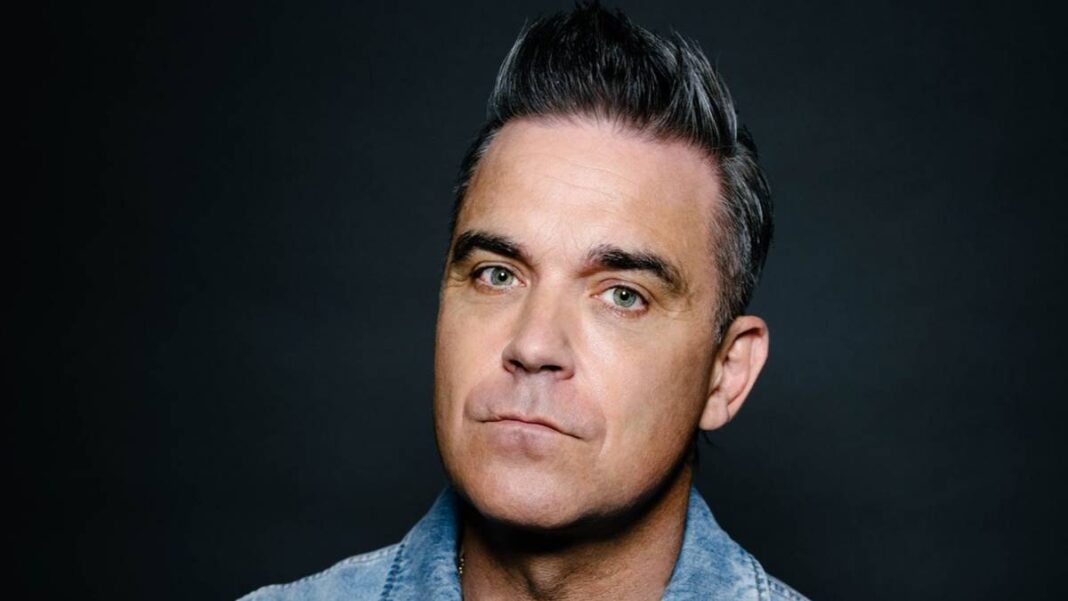Robbie Williams says making his new documentary was a “trauma watch” and like witnessing a “crash you were involved in”. The 49-year-old former Take That singer is the subject of a new four-part Netflix docuseries which sees him watch old footage from his career in music, and focuses on his drug addiction and rehabilitation journey. He told The Times about how it was a “trauma watch” when he saw the end product: “It was like watching a crash you were involved in, but in slo-mo.
“(Making the documentary) was like enduring your mental illness at a very, very slow pace, over a very, very long time. It’s a niche thing to experience, you know. There aren’t many support groups for it. When they asked me to make the documentary, I came up with a jingle for it: ‘Trauma watch!, Trauma watch!, Have a trauma watch!. I was in Take That then I left Take That, Then I did drugs and I got real fat’.” Robbie, who has been sober for more than 20 years and has four children with his wife Ayda Field, 44, added: “They didn’t use that in the end.”
He said about his initial hopes for his harrowing documentary: “When I met the Netflix people, the question I had to ask them was, ‘Can you polish a turd?’ I know everyone’s got a story, or a turd, but I want my particular story, or turd, to mean something. Like, I know everyone’s really interested in the trauma aspect and the addiction aspect, but I’ve always thought, ‘Well, there’s more to me than that’.
“I wanted to break with the form. I need things to be… different from what they were.”
Speaking about being filmed watching old pieces of footage from his life, Robbie added: “It was intense. But you have to show it to all the people who just go, ‘Oh, it’s tomorrow’s chip paper’, or, ‘Nobody believes what they read in the papers’, or, ‘Brush it off’. Well, I was incredibly mentally ill. You can’t brush that off. That’s basically like people saying, ‘Don’t be sad’, to someone who’s mentally ill. And we know not to do that now, don’t we?”

